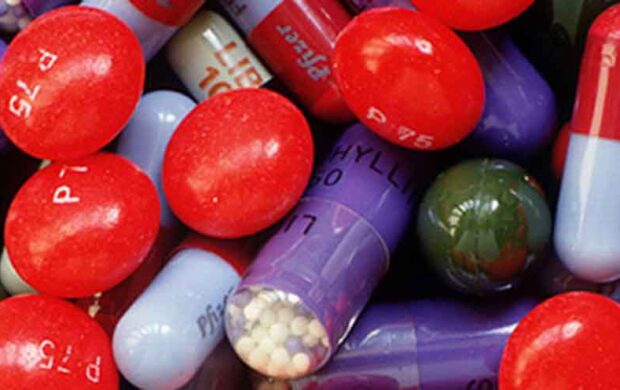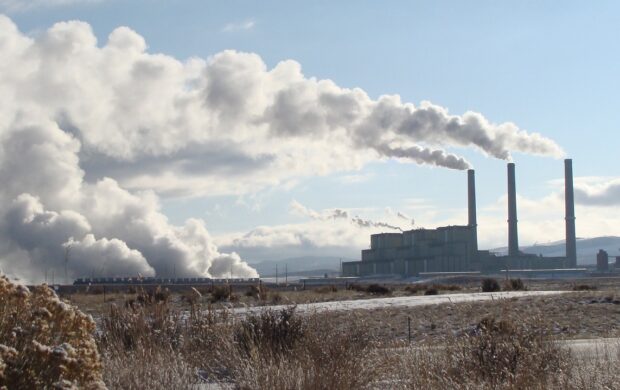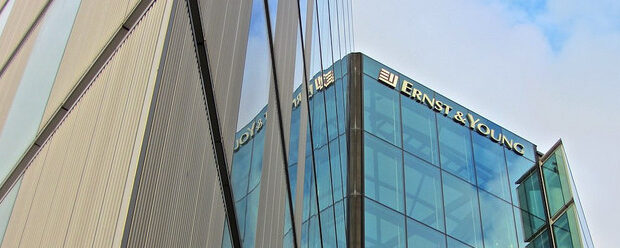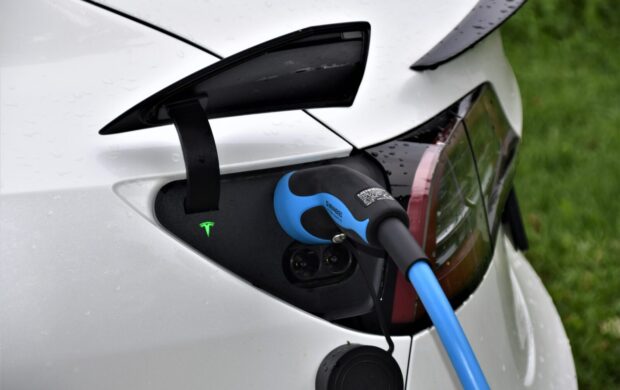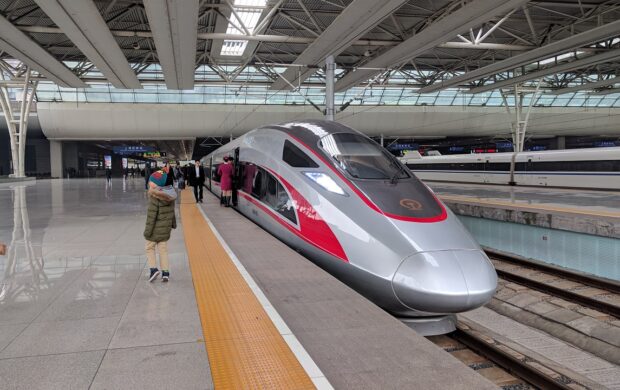FeedKind is a new fish and animal feedstock product which uses methane gas, partially from gas pipelines and partially in the form of biogas released from the anaerobic digestion of waste organic material. This product is currently in pre-production phase, and will be released into the European feedstock markets from the beginning of 2018.

The manufacturing process is called natural proprietary fermentation, and is very similar to the way in which Marmite and other yeast-extract sandwich spreads are produced.
Initially, natural gas will be the primary input. However, the company asserts that where possible, they will aim to purchase renewable sources of gas, from anaerobic digesters and landfill biogas producers.
In this process, methane is collected and used as the breeding grounds for Methylococcus capsulatus, a naturally occurring single cell organism. The methane acts as their main source of carbon and energy, allowing these organisms to grow and produce protein. This creates a high quality microbial bio protein that can be harvested, dried and pelletized ready for the market. The production ratio is one tonne of protein produced per one tonne of gas.
This process was initially developed in the 1980s and tested by groups such as JV, Statoil and Dupont. However, their plans eventually spun out because this product was not commercially viable at the time. In 2014, US-based company Calysta bought the patent to the process. They are the only company taking hold of this process at the moment, under the brand name FeedKind. Because of the low price of gas, the product will be cost-competitive to other feed-sources.
Image caption: Gas guzzling protein producer
Image credit: Masakazu Matsumoto / Flickr


